One year after #MeToo went viral in October of 2017, the women who spoke out against harassment and abuse are still fighting. Some abusers have lost their jobs, and some even face prison time.
But as public attention strays from each individual accusation, the survivors are left to figure out how to create lasting structural change. Many survivors are battling to hold those who empowered abusers responsible. Others are lobbying for new bills that would protect particularly vulnerable women. Others still simply want to move on from their lives and refuse to be defined by the worst thing that ever happened to them. All are dealing with the emotional fallout of publicly declaring #MeToo.
Seven women who have struggled to find peace since they became crusaders spoke with TIME about the past year.
Crystal Washington
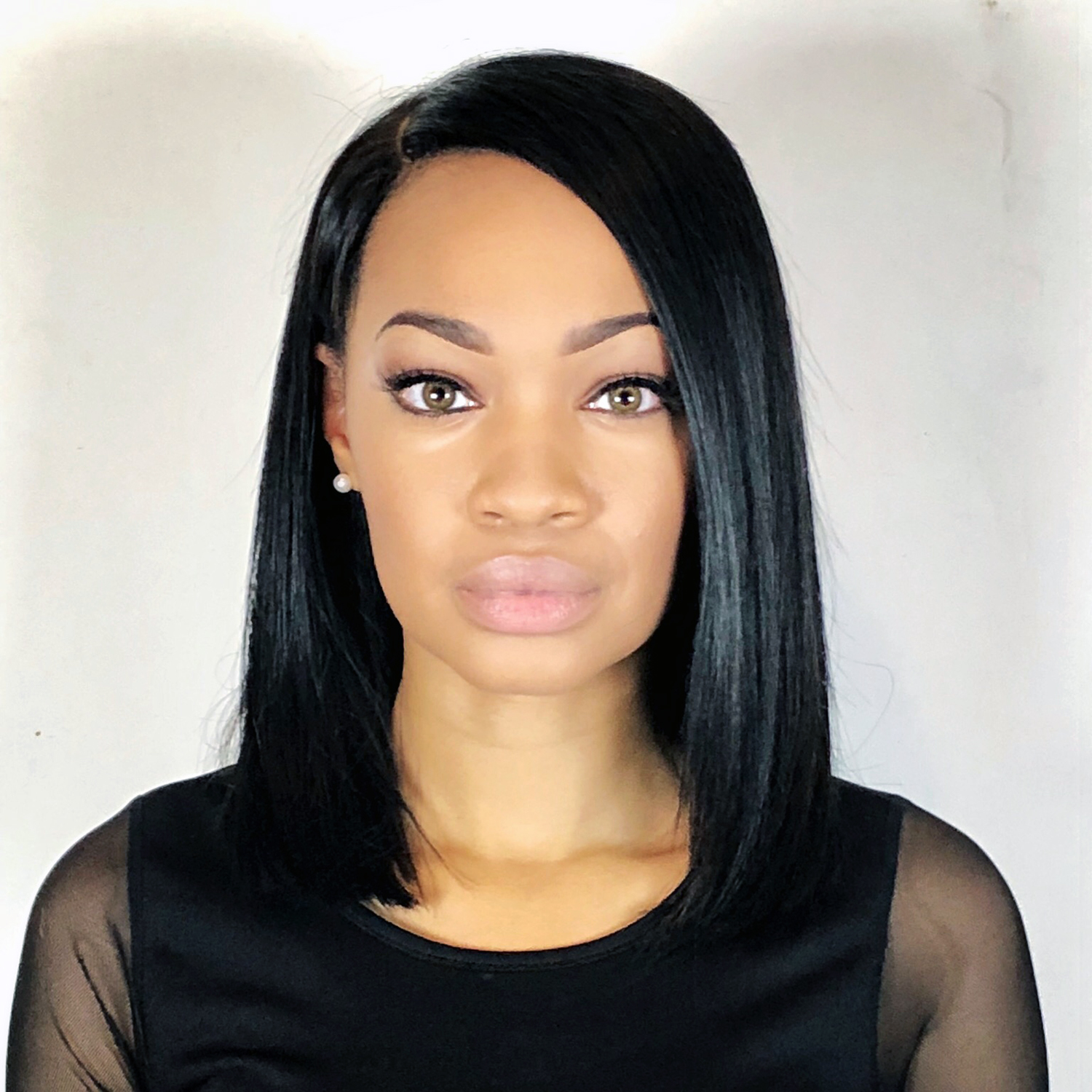
Washington joined a class action suit against the Plaza Hotel in New York City last year, alleging that the hotel was “normalizing and trivializing sexual assault” among employees. The coworker who Washington says grabbed her from behind on camera received a two-week suspension following an arbitration hearing, according to the Plaza.
Since reporting the whole incident, I got fired. It was blatant retaliation to be honest. They didn’t have a definite reason. They had emphasized how great of an employee I was until I complained about harassment. And then suddenly I started getting all these disciplinary write-ups [like being late] that nobody else was getting. [The Plaza denies that retaliation occurred.]
My harasser is actually still working there. He’s at this job, and I am not. I live with that every day, but it’s hard knowing that he’s still there.
Looking for another job was a hardship. I’d never been fired before. It’s embarrassing to go look for another job and to have to try to explain the whole situation, why this happened. So I was taken aback by that. And then I wondered, “Do I want to be in this industry?” and it’s like, “Yes because that’s what I’m good at.”
Not only did I have to try to prepare for possible interviews, I also was waiting to find out if they know everything that’s happened, if they’ve read the papers. I was worried that they would think I was toxic in a sense. That was tough. It took a few months actually. I am now blessed with this job where I’m treated like a normal person.
Chloe Dykstra
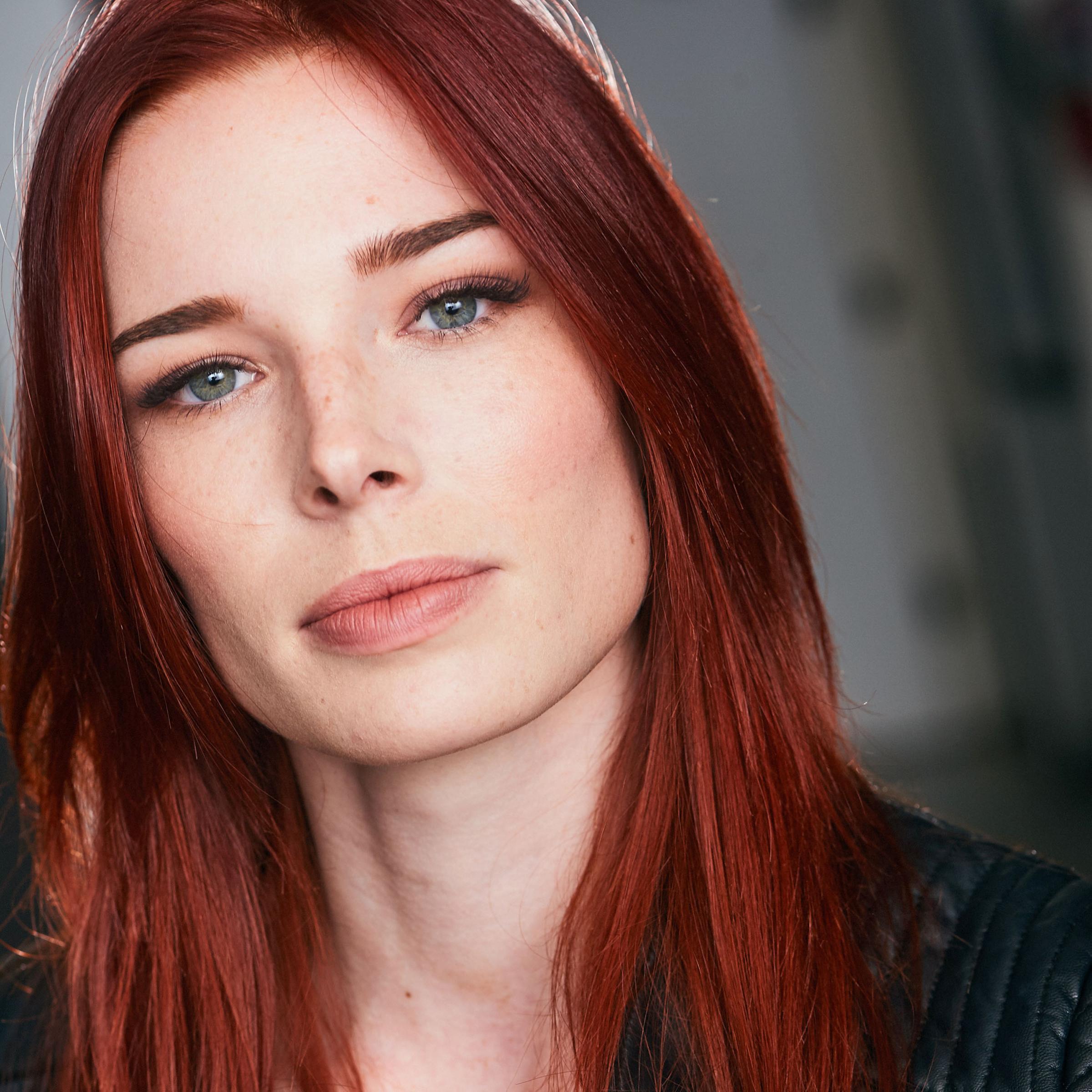
Dykstra published a blog post earlier this year about what she described as an emotionally and sexually abusive relationship with an unnamed ex. People on the internet identified him as Chris Hardwick, host of the Talking Dead show and founder of The Nerdist. Hardwick denied the allegations, which were investigated by the AMC Network. Dykstra chose not to participate in the investigation. Hardwick returned to his job at AMC and other positions he’d previously held after a roughly two-months-long suspension.
I genuinely didn’t expect it to blow up the way that it has. [After I posted the essay,] I woke up the next morning, and I went to Twitter. I opened trending and saw my face. It was the most terrifying thing I have ever experienced. I was just like, “No, no, no. This isn’t what I wanted.”
At first I was relieved because I got so many messages of support. Then the tide kind of shifted…I was attacked relentlessly for months. There was an organized group of people online whose sole purpose was to try to disprove me. I was terrified people were going to figure out where I lived. After months of reading horrible things about myself, I got to such a low point that I considered ending it. I didn’t really have guidance because you can’t really Google, “How to handle being an accuser?”
[The harassment] is still happening. There’s no real reason for skeptics to believe me, and I get that because I didn’t produce evidence for the world to see. The many people who corroborated facts in my essay were never publicized because I never spoke to an outlet.
I didn’t fight back. I was up against a very, very powerful family. [Hardwick is now married to Lydia Hearst, and she and her family defended Hardwick.] I was pressured into silence because I didn’t have the money or the resources to do anything but try to protect myself and my loved ones [from harassment online]…When that investigation happened, I was told I could be sued if I spoke with the network. I was told that I would have a four hour meeting with them where they were going to grill me about every single detail of our relationship.
The only point in engaging would have been to get him fired, which was never my intent in the first place. I just wanted closure and to help other women recognize what abuse looks like by sharing my own story. So I declined to speak to them.
There’s this constant fear of false allegations. But as someone who spoke out about their experience in a public forum, I can say there’s no money or positive thing to be gained from telling your story. The risks that you’re facing are extensive litigation that could last years, smear campaigns, being tied publicly to your trauma forever. But the potential to help others, I know that that was worth the risk to me.
I don’t think, looking back, I would have done anything differently. This is something I had thought about doing for a very long time, talking about this experience. It weighed on me for years. After coming out on the other side, I can sleep soundly at night.
Dana Lewis

Lewis also joined the class action suit against the Plaza Hotel last year after alleging she experienced harassment from two fellow employees. The hotel says one of those employees has since been fired, while the other was put on two-week suspension following an arbitration hearing. Lewis has been on medical leave for the last year on the orders of her doctor to cope with the emotional strain of having to work with her alleged attacker.
I’m still taking each day at a time trying to piece my life together again. Everything is pretty much the same [since I joined the lawsuit]. I do feel like the push was extremely strong last year. But it’s dying down just from my own experiences with the Plaza. Nothing has changed here. It’s still toxic.
I never imagined in a million years that I would ever be in this situation. For me to build up the courage to come forward and to experience the backlash and the humiliation from it all and the retaliation, I’m still in shock.
All I want is peace of mind, and I can’t get to that point yet. I still have to think about the worst moment in my life when I go to sleep every night. What happened to me will shape the rest of my life, and I know that more now than I did a year ago.
Lindsay Meyer
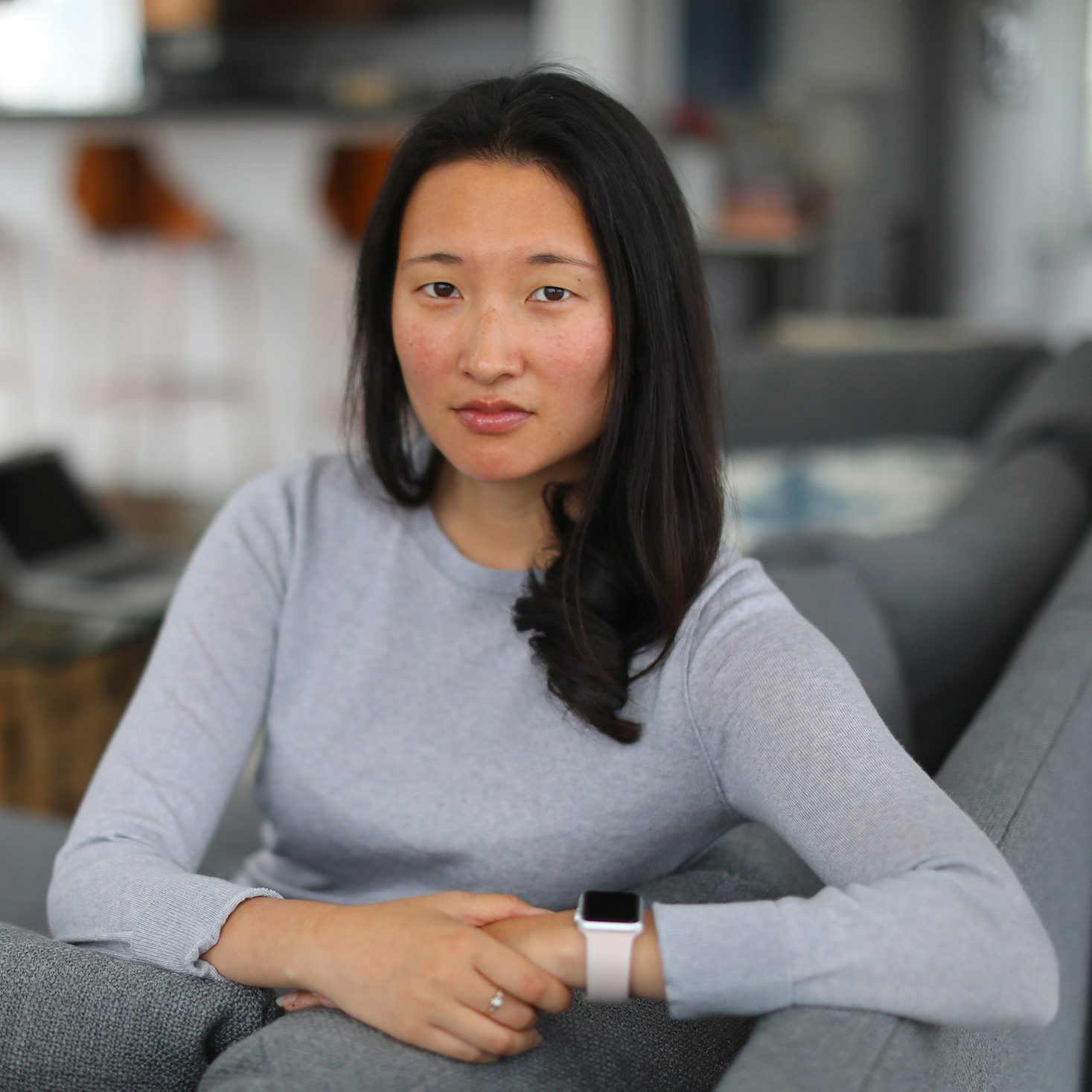
Meyer and six other women spoke out against venture capitalist Justin Caldbeck last year. Meyer alleged that Caldbeck, an investor in her previous company, had forcibly kissed her. Caldbeck left his VC firm and has since apologized to the women he “made uncomfortable.”
I’m so proud to be a part of this movement. At the same time, I don’t want to be defined solely by that. On the day of my one year anniversary of Batch, my company was included in a [lifestyle piece] about San Francisco. It was so gratifying that I was able to break the news cycle around myself to my actual everyday work, which is what I’m much more interested in being known for.
For me, one thing that was really challenging in launching the new company in parallel with this #MeToo news cycle was that everything else I was doing in my life was just buried for awhile. It took the better part of a year to dig out from that. For a while, I was actually really afraid of being not believed and sued. And those days are totally over.
These days, I’m running my company. We employ mostly women and our customers are mostly women and I don’t deal with the bro culture of tech very much. But I do live in San Francisco, and I can say bro-dome still exists here.
I wish I could say that that part has changed, but I don’t think it has. I think aside from a few nasty VCs who were ousted, the same decision makers are still enthroned. You’ve got more a PR campaign around the women in VC and why female investors have better returns, but that to me is a bit more of messaging. My experience is that it’s not any easier to be a woman in Silicon Valley. I don’t think much has changed for me personally in terms of being a CEO and raising capital.
Even if I’m not seeing change among those in power, I see changes in my generation, especially among men in my generation. I have to hope that when those men and women rise to positions of power, that’s when things will finally, really, be different.
Trish Nelson
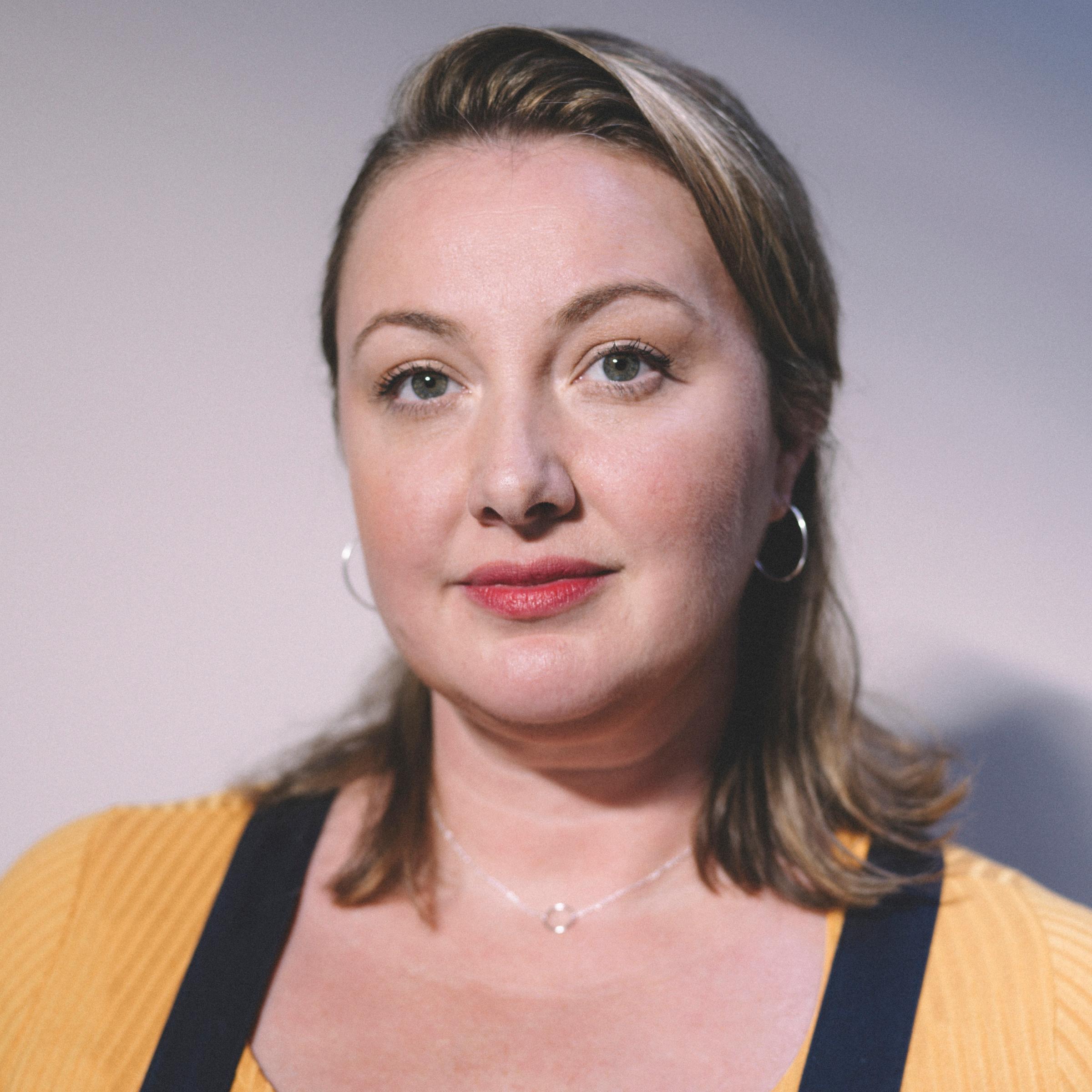
Nelson and nine other women accused restauranteur and owner of the Spotted Pig Ken Friedman and Spotted Pig investor Mario Batali of grabbing them and making sexual comments. Friedman has disputed aspects of the accounts but apologized for his “abrasive” behavior. Batali has said he doesn’t recall specific events but apologized for general behavior. Batali is currently under investigation in New York and Boston following allegations of other assaults.
This has been such an intense year. Sometimes you feel so alone, but we really are stronger together. I have leaned on the other women who came forward in the industry, and we’ve helped each other through this.
Ultimately, I could not have been more surprised about how our society have embraced women ending their silence. It’s redeemed my faith in humanity that a woman such as myself that’s a blue collar working class woman would not just be brushed under the rug.
I was asked to speak [in front of hundreds of chefs, restauranteurs and others in the industry] in Denmark recently about how we need to change kitchen culture because sexual harassment is a symptom of a much larger problem. I realized that people who were there were friends of Ken [Friedman] and April [Bloomfield, former Spotted Pig chef] and Mario [Batali], and I was terrified. I was afraid I’d be booed off the stage. I couldn’t get my words out. Finally I put down the script and just told them, “I’m one of the women who came forward about Mario Batali and Ken Friedman. And I realize that is controversial in this setting.”
Hundreds of people came up to me afterwards and told me how they’re trying to change the dynamics in their own restaurants in Australia, in Ireland, in Denmark. I felt people are going back to countries and using their positions of power to make changes to reform the restaurant industry. I’m just so glad I get to be alive to see this happen because I was waitress for over two decades and things didn’t change for so long.
A lot of chefs, they are just following what they know. If you come from an abusive environment, you’re going to be abusive. You try to get your staff to respect you by fearing you. Those behaviors get modeled over and over again, and that’s a hard cycle to break. There’s a lot of bro culture in the kitchen. My hope is that we equalize our staff. Not just one woman running the restaurant who mimics that old, toxic culture. We make sure that there are at least 50% women.
Juana Melara
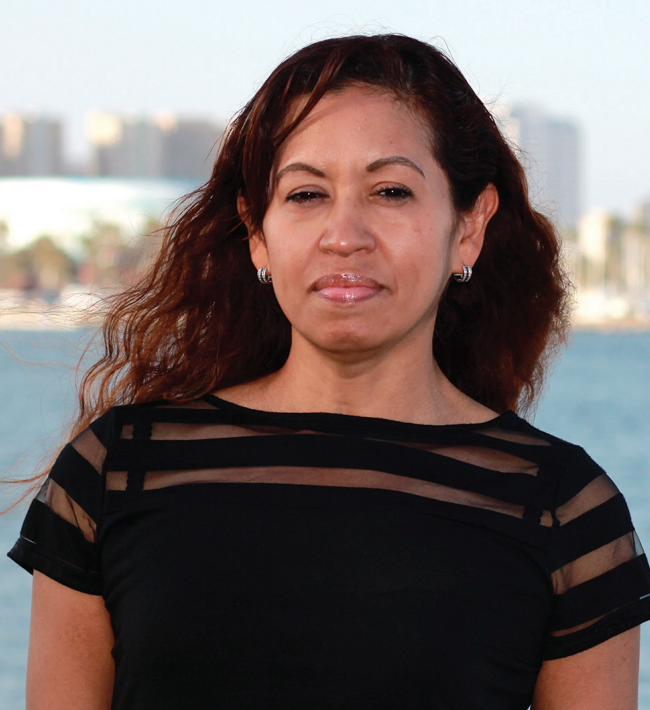
Melara spoke to TIME last year about being flashed and propositioned on multiple occasions while working as a hotel housekeeper. Since, Melara has dedicated her time to activism and building support for bills that would require hotels to equip maids and other staff with panic buttons.
I have been very busy but in a really good way because I have been able to speak to and hear more people that went through the same thing that happened to me. There are still going to be people that probably don’t agree with [speaking out] because in their mind they say, “Why is she doing that? She has a good job.” The thing is, it’s not just about me. There are people who are afraid to tell their stories until they know someone else with a similar story.
I have been to the capitol to talk to legislators to support the panic button in California. Here in Long Beach, I’ve been working on collecting signatures to pass the law.
The hotels had a chance last year four weeks before #MeToo became viral to support similar protections. They didn’t. Now we’ve collected 46,000 signatures to try to pass the Working Woman’s bill. We wouldn’t have had to do that if they had just supported the law last year. But they can’t see past their noses. They made so many excuses, like that they needed more research. The research is there. Women were being raped in hotels. People aren’t going to be silenced anymore.
Jessica Howard
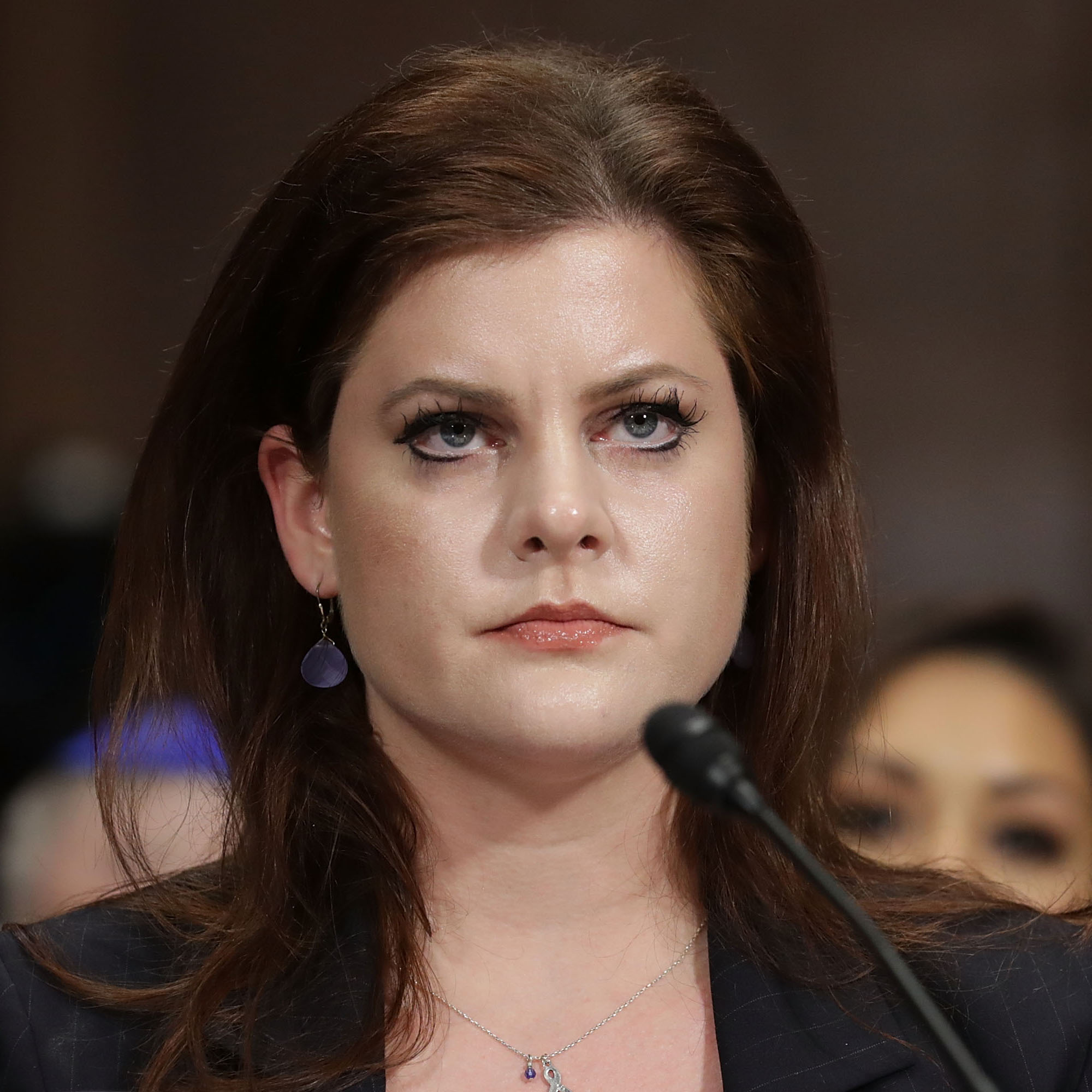
Howard was sexually abused by former USA Gymnastics team doctor Larry Nassar, who is now serving up to 360 years in prison. She has since become an activist fighting to end abuse in both the sport of gymnastics and the Catholic Church.
I don’t know whether to call myself a victim or survivor. I had a dark 2017. It was a life-or-death situation for me in January. But I sought help, and I’m cautiously optimistic I’ve got the right support.
I was not ready for the volcano of emotions that would come along with these revelations. People aren’t talking about what happens after you come forward. I’ve been a living example of what the side effects of sexual abuse can be because that doesn’t go away. So much of what I had buried from gymnastics from the severe emotional and physical abuse that went along with the sexual abuse in the sport, I went on a downward spiral. And these girls that I’ve met at the hearings, they’re struggling too. They come out strong. But they are having trouble.
As more and more women came forward, and the massive nature of the problem became apparent, I became more upset with the people who were covering it up. They said it was just a Nassar problem. Those organizations institutionally groomed us and handed us on a platter for a sexual abuser. Had they revealed what they knew years earlier, dozens of girls would never have been molested.
Moving forward in the sport, we need educate coaches and teachers and parents to know the signs so that kids aren’t just brushed off. Even as a teenager, I didn’t know how to explain it. I thought something was off. That’s all I could put together. I was told it was therapy, and I just kept going.
And we need to listen to those who do come forward. I’m still struggling with the fact that it almost takes hordes of people to make it out of the “he said, she said” realm, for a woman or girl or child to even be taken seriously.
If you or someone you know is considering suicide, call the National Suicide Prevention Lifeline at 1-800-273-8255.
If you or someone you know is experiencing domestic, physical, or sexual abuse, contact RAINN at 1-800-656-HOPE.
More Must-Reads from TIME
- Donald Trump Is TIME's 2024 Person of the Year
- Why We Chose Trump as Person of the Year
- Is Intermittent Fasting Good or Bad for You?
- The 100 Must-Read Books of 2024
- The 20 Best Christmas TV Episodes
- Column: If Optimism Feels Ridiculous Now, Try Hope
- The Future of Climate Action Is Trade Policy
- Merle Bombardieri Is Helping People Make the Baby Decision
Contact us at letters@time.com